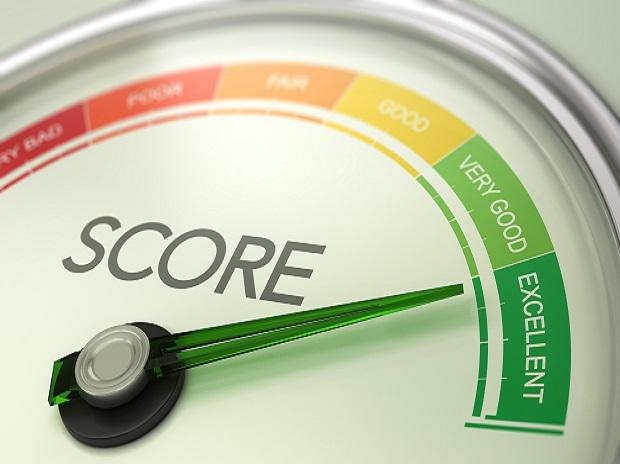10 ways to help you improve your CIBIL score

TransUnion CIBIL is one of the four credit bureaus that provides people with their credit report based on their financials. Your CIBIL score is a credit score that is based on your CIBIL report. This report is a summary of your credit history. Having a higher CIBIL score will help get you the best of loans and credit cards.
CIBIL score ranges between 300 and 900. While score between 300 and 549 is considered poor, score between 550 to 700 is average. So, a score of at least 750+ is considered to be a good score by banks. If you have a low credit score, you can easily increase the credit score. Here’s how to increase CIBIL score.
Set reminders for loan, bill payments
Every payment that you make towards your loans or other debts will have an impact on your credit score. This is the reason you need to maintain discipline when it comes to paying your monthly bills towards loans and credit card bills. Any delays in these payments will mean penalties for late payments and a lower credit score for you. So, it is best to set reminders for loan and credit card payments so that your credit score improves on prompt payments. When you don’t default, delay or skip paying loans and bills, your credit score will improve.
Don’t throw away your old credit cards
Do you know that the longer your credit history, the higher will be your score? The years for which you have been paying debts is a part of your credit score. If you have old credit cards, you can continue to maintain them by paying utility bills every month. Just make sure that you pay the credit card bill on time if you are using those credit cards. This will help you have a lengthy credit history, which will help you increase your credit score in the future.
Use your credit limit
The credit utilisation ratio is the amount of credit used by you when compared to the credit limit that’s available to you. The more optimal the credit utilisation, the better your credit score. It is best to restrict your credit usage and make sure that you are using less than 35% of your credit limit. Very high credit utilisation will lower your credit score. If you think your credit limit is low, ask your bank to increase it.
Go for long loans
If you are borrowing money from financial institutions, go for a longer tenure for repayment. This will not only make sure that your monthly instalments remain low, you will also be able to make payments on time to help your credit score go higher.
Less loans at one time
The number of loans that you apply for and take on at a point of time should be minimal. Any rejection of loan applications can impact your credit score. Another fact is that every time a financial institution checks your credit score, your score will go down. The more views by banks and other companies, the lesser will be your credit score. So, apply for less loans at a single point in time.
Rectify credit report mistakes
Most credit bureaus including CIBIL might make mistakes when they are updating your credit score records. There are even times when the bank or financial institution from which you took the loan or credit card gave the bureaus wrong information. So, check your credit score at least once a year to make sure that there are no mistakes on your report. You can use the CIBIL Dispute Resolution Form online to request CIBIL to correct the errors. This will help improve your credit score.
Have a mix of loans
Your credit score will be zero if you haven’t borrowed money in the past. The more the different loans and credit cards you have, the higher will be your score. Every kind of loan has an impact on your score. So, make sure that you have a healthy mix of debts, both secure and unsecure loans to build a strong credit score.
Maintain joint loans with people having high scores
If you have co-signed, guaranteed and/or have joint accounts, monitor them to make sure that the other person’s credit score is high. Note that you are held equally liable for missed payments for those loans and credit cards. So, it is best to maintain loans with those having high scores.
Take it slow
It is good to build up a good credit history gradually. Loans might always be essential through your life. So, take loans one at a time, repay them and then take on more loans. This will help you repay them diligently and help maintain a higher credit score.
Get a secured credit card
If you have a low credit score and banks are not willing to provide you with loans or credit cards, apply for a secured credit card. This is a credit card that is issued against your bank deposit. Use this credit card to improve your score.
These are some ways to improve your credit score over time. However, note that these steps will not lead to an immediate increase in your score. After you implement them, it may take around a year to improve your score.
Related:

